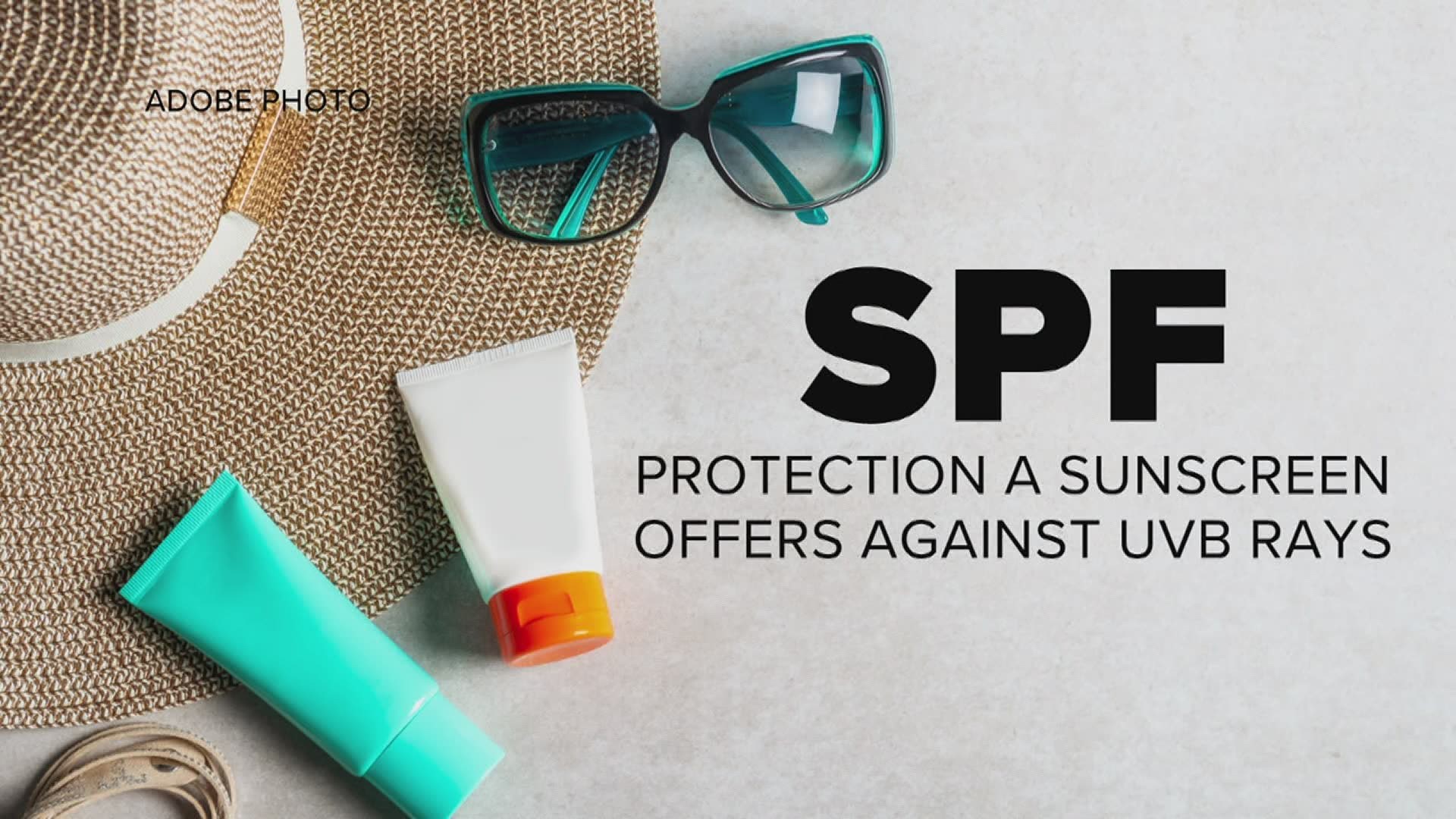MOLINE, Ill. — Memorial Day weekend marks the unofficial start of summer, and with summertime comes spending more time outside and showing more skin to combat the heat. But these behaviors paired with longer daylight hours will make us more susceptible to skin damage from the sun.
As an effect of climate change, our ozone layer is depleting. Earth’s ozone layer, according to the U.S. Environmental Protection Agency, is what protects us from the sun’s harmful radiation. With less ozone protection, we’re seeing an increase in UV radiation reaching the Earth’s surface.
Another effect of climate change is raising temperatures, which impacts our skin in two ways: heat promotes carcinogenesis, the process in which normal cells are transformed into cancer cells; heat also encourages people to spend more time outside and, therefore, absorb more radiation.
UV radiation can cause several health problems, including skin cancer, cataracts, immune system suppression, premature aging and skin damage.
More radiation exposure can suppress the proper functioning of the body’s immune system. Your skin is a defense against foreign invaders, for example, but if you are exposed to high levels of UV radiation for too long, it can weaken your immune system and reduce the skin's ability to protect against the invaders.
According to the American Academy of Dermatology, one in five Americans will develop skin cancer in their lifetime. It’s the most common cancer in the U.S., and more people are being diagnosed with skin cancer than breast, prostate, lung and colon cancer combined.
Melanoma rates in the country have risen rapidly over the last 30 years, doubling from 1982 to 2011, the AAD reported. Although melanoma only makes up 3% of skin cancer, it causes more than 75% of skin-cancer-related deaths. Even non-melanoma skin cancers, when left untreated, can spread and cause disfigurement and other health issues.
Here are some sun safety tips from the Centers for Disease Control and Prevention that will help protect you and your skin this summer:
- Stay in the shade when possible.
- Put on a broad-spectrum sunscreen, which protects from both UVA and UVB rays, with an SPF of 15 or higher before going outside. Reapply the sunscreen every two hours, and make sure to check the expiration date before using it.
- Wear long-sleeve shirts and pants to reduce sun exposure and throw on a t-shirt or beach cover-up on top of your bathing suit.
- Put on a hat with a wide brim all the way around to protect your face, ears and neck. Avoid straw hats because the sun’s rays can still shine through them.
- Wear sunglasses to protect your eyes.

